Watch for These Signs of Dehydration in Your Baby
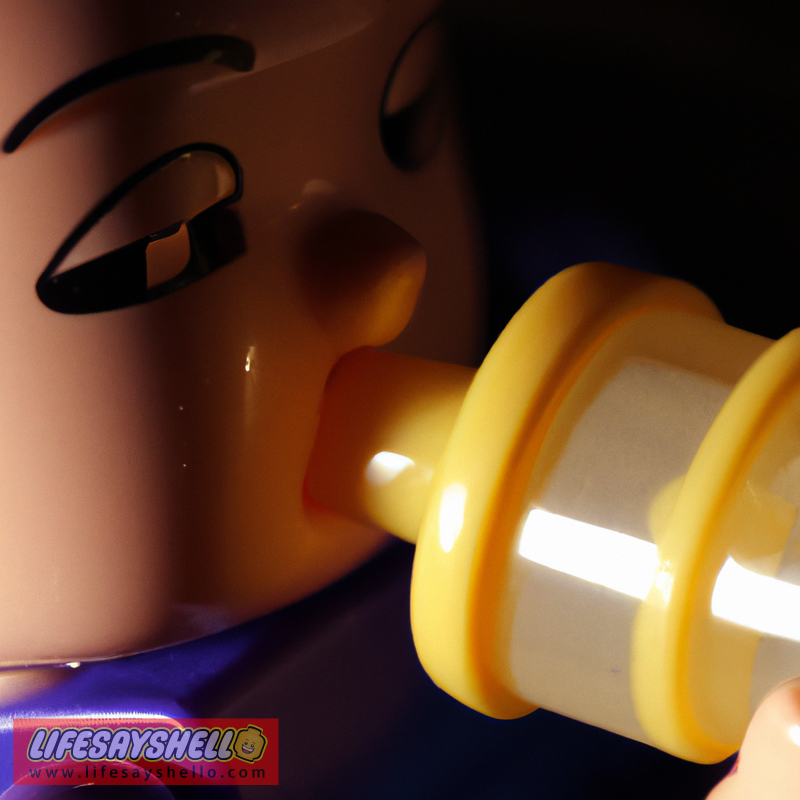
Dehydration in babies is serious and can escalate quickly. As a parent, it’s vital to recognize the earliest signs of dehydration so you can get prompt medical treatment for your little one. Read on to learn the key symptoms that indicate your baby may be dehydrated.
When babies don’t take in enough fluids, they can become dehydrated rapidly. An infant’s small body mass makes them vulnerable to losing essential fluids and electrolytes when dehydration sets in. If your baby is showing multiple symptoms of dehydration or has had a dry diaper for over 6 hours, contact your pediatrician right away. Prompt treatment can help restore your baby’s fluid balance and prevent complications.
Top Signs of Dehydration in Babies
Here are the most common red flags that signal your baby may be dehydrated and need medical assessment:
Plays or moves less than usual. As dehydration progresses, babies become lethargic. You may notice your normally active baby is more tired and inactive.
Has fewer wet diapers. For infants under 6 months old, look for at least 6 wet diapers per day. Decreased urine output is an early warning of dehydration.
Cries with no tears. Tears require body fluids. So if your baby is crying intensely but you see no tears, dehydration could be developing.
Has a dry mouth. Check if your baby’s mouth seems dry or parched when crying. Dry mouth tissues point to inadequate hydration.
Sunken soft spot on head. In infants, the fontanel (soft spot) can appear sunken if dehydrated. However, always contact your doctor immediately if you notice changes in the fontanel.
Sunken eyes. One of the classic signs of dehydration in babies is sunken eyes. The soft area where the upper eyelid meets the eye socket may seem hollow.
Cool, discolored hands and feet. Poor circulation causes babies’ hands and feet to feel cool or cold when dehydrated. You may also notice a bluish tinge.
Wrinkled skin. Decreased fluid in the skin layers leads to wrinkling. Gently pinch the skin on the abdomen and check if it stays pinched up instead of retracting.
Urinates only 1-2 times per day. After the newborn period, infant urine output normally exceeds 6-8 times a day. Less frequent urination can indicate inadequate hydration.
Is extremely fussy. Cranky, excessive crying in a normally happy baby can signal discomfort from dehydration. Your baby may be unable to communicate discomfort otherwise.
Is unusually sleepy. Lethargy from dehydration may cause your baby to sleep more than usual or be difficult to wake. Excess sleepiness warrants medical evaluation.
Has cold hands and feet. Along with cool extremities, dehydration can also cause your baby’s hands and feet to feel almost icy.
Has a dry diaper for 6+ hours. Infants should have a wet diaper every 3-4 hours at a minimum. A longer stretch without urinating often means dangerous dehydration is present.
Crying with little or no tears. If your baby is crying intensely for long periods but you see no tears at all, it’s a warning sign of dehydration setting in.
Increased fussiness. Babies may become inconsolable when dehydrated because they feel irritable and uncomfortable.
Sleeping too much. Since dehydration causes fatigue, your baby may sleep longer than usual. Excess sleep can indicate fluid loss.
Cold or discolored hands and feet. Dehydration reduces circulation, so your baby’s hands and feet may look bluish and feel cold to the touch.
When to Call the Doctor
Contact your baby’s pediatrician right away if:
Your baby shows several signs of dehydration at once.
Mild signs don’t improve after giving additional breastmilk or formula.
Your baby has no wet diaper for over 6 consecutive hours.
Your baby is less than 6 months old and has fewer than 6 wet diapers per day.
Your baby cries with no tears.
You notice a sunken soft spot on your baby’s head.
Don’t hesitate to call your pediatrician or visit an emergency room if you suspect your baby is dehydrated. Dehydration is progressive and dangerous in babies, so prompt treatment is crucial.
Causes of Dehydration in Babies
Some common causes of dehydration in babies include:
Fever - Elevated body temperature increases fluid loss through sweating and breathing. Fever also increases metabolic rate and water requirements.
Vomiting - Repeated vomiting prevents adequate fluid intake and depletes the body of fluids and electrolytes.
Diarrhea - Watery stools lead to excessive fluid loss and dehydration risk.
Hot weather - Babies sweat and lose fluids easily in very hot weather. Keep them comfortably cool.
Inadequate fluid intake - Not consuming enough breastmilk or formula for normal hydration needs. Can result from difficulty nursing, formula preparation errors, or availability issues.
Excess exertion - Vigorous crying or exercise by a baby leads to increased sweating and rapid dehydration.
Identifying the cause of your baby’s dehydration helps guide treatment. In some cases, an underlying illness needs to be diagnosed and managed. Always talk to your pediatrician to discover the reason for your baby’s fluid imbalance.
Treatment and Prevention of Dehydration
If your pediatrician determines your baby is clinically dehydrated, treatment usually includes supplemental fluids given intravenously or by a nasogastric tube. This provides rapid fluid and electrolyte replenishment.
For mild dehydration, your doctor may recommend temporarily giving additional breastmilk or formula by syringe or cup. This added fluid intake can help rehydrate your baby. However, always follow your doctor’s guidance about safe, effective treatment.
You can take proactive steps to prevent dehydration in your baby:
Breastfeed on demand or offer formula according to your pediatrician’s directions.
Check if baby has the recommended number of wet diapers per day.
Give small amounts of cool water between feedings during hot weather.
Make sure anyone caring for your baby knows proper bottle-preparation.
Follow safe formula storage and handling guidelines.
Dress baby appropriately to avoid overheating and sweating.
Keep baby’s immunizations up to date to prevent illness that can lead to dehydration.
Respond promptly if your baby has vomiting or diarrhea by contacting your pediatrician.
By monitoring for signs of dehydration and proactively preventing fluid loss, you can help keep your baby properly hydrated and healthy.
Key Takeaways on Dehydration in Babies
Dehydration is a serious concern in infants and warrants immediate medical care.
Learn to recognize dehydration signs like decreased urination, extreme fussiness, and crying without tears.
Call your pediatrician right away if your baby shows multiple symptoms or has any extremely concerning signs.
Treatments like supplemental fluids aim to restore normal hydration and electrolyte balance.
Good prevention includes feeding on demand, dressing baby appropriately, and limiting illness exposure.
Promptly treat any vomiting, diarrhea or fever to reduce dehydration risks.
By responding quickly when your baby shows signs of dehydration, you can help your pediatrician provide timely treatment and avoid complications. Trust your instincts if you think your baby seems dehydrated in any way that concerns you. Seeking medical guidance is crucial to keeping your baby healthy and properly hydrated.
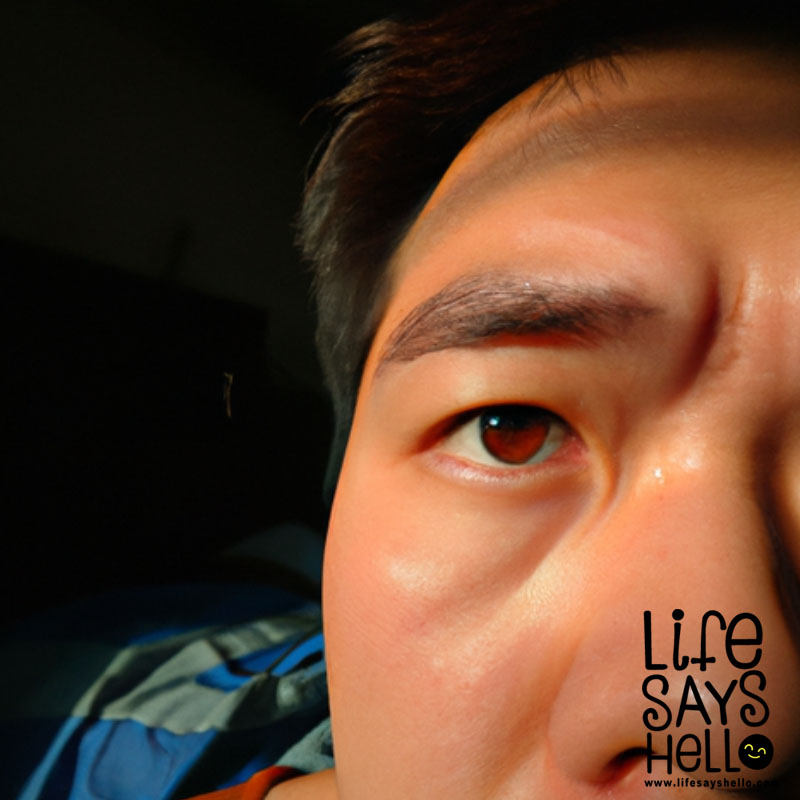
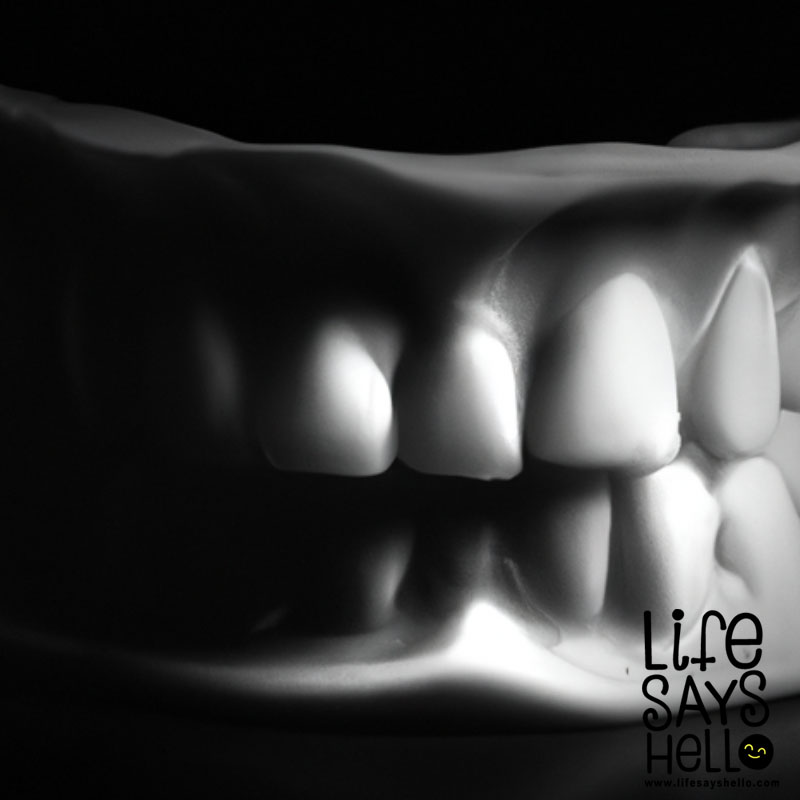
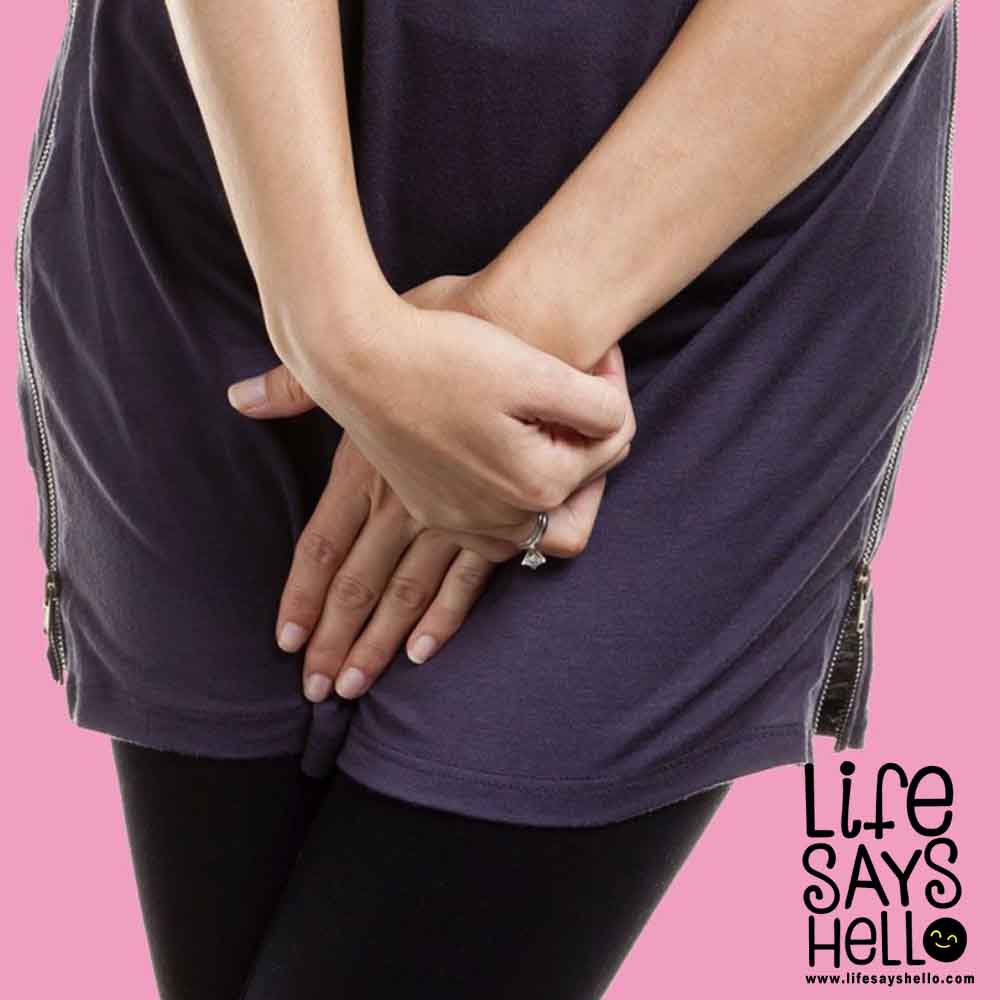
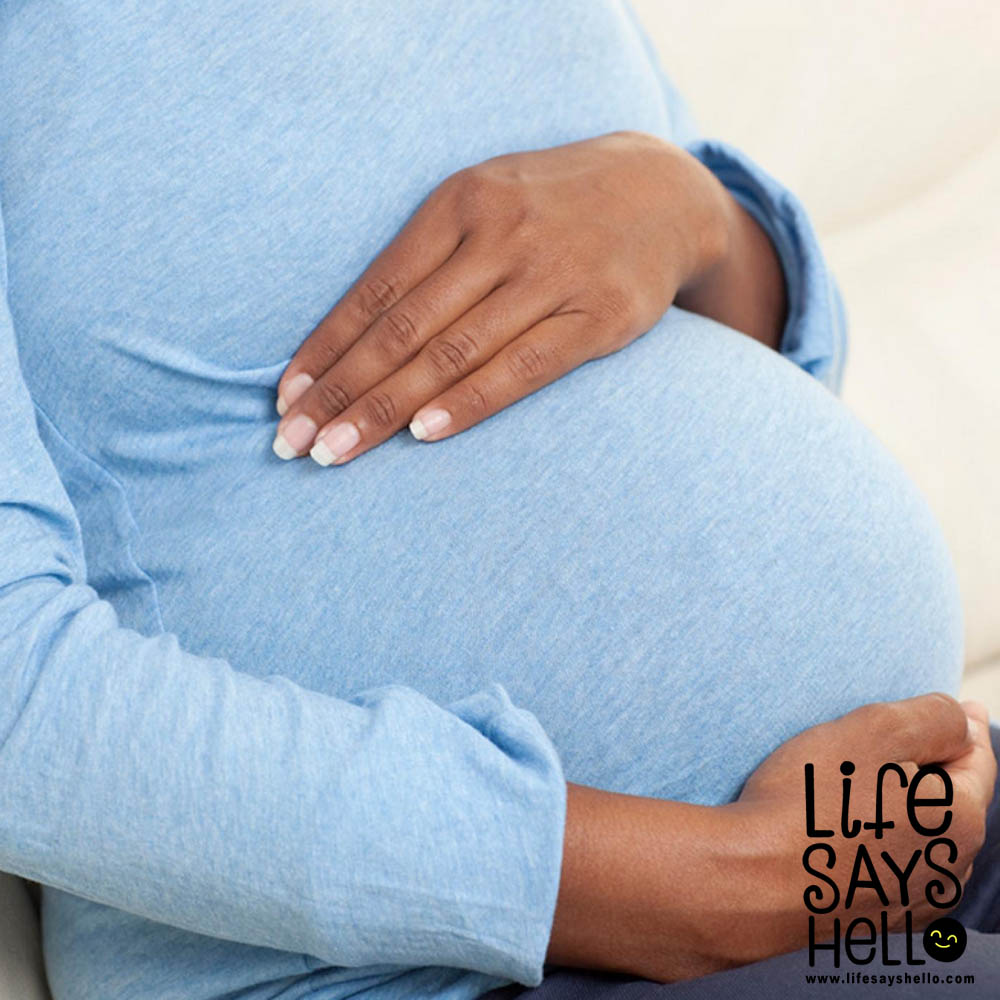
Comments